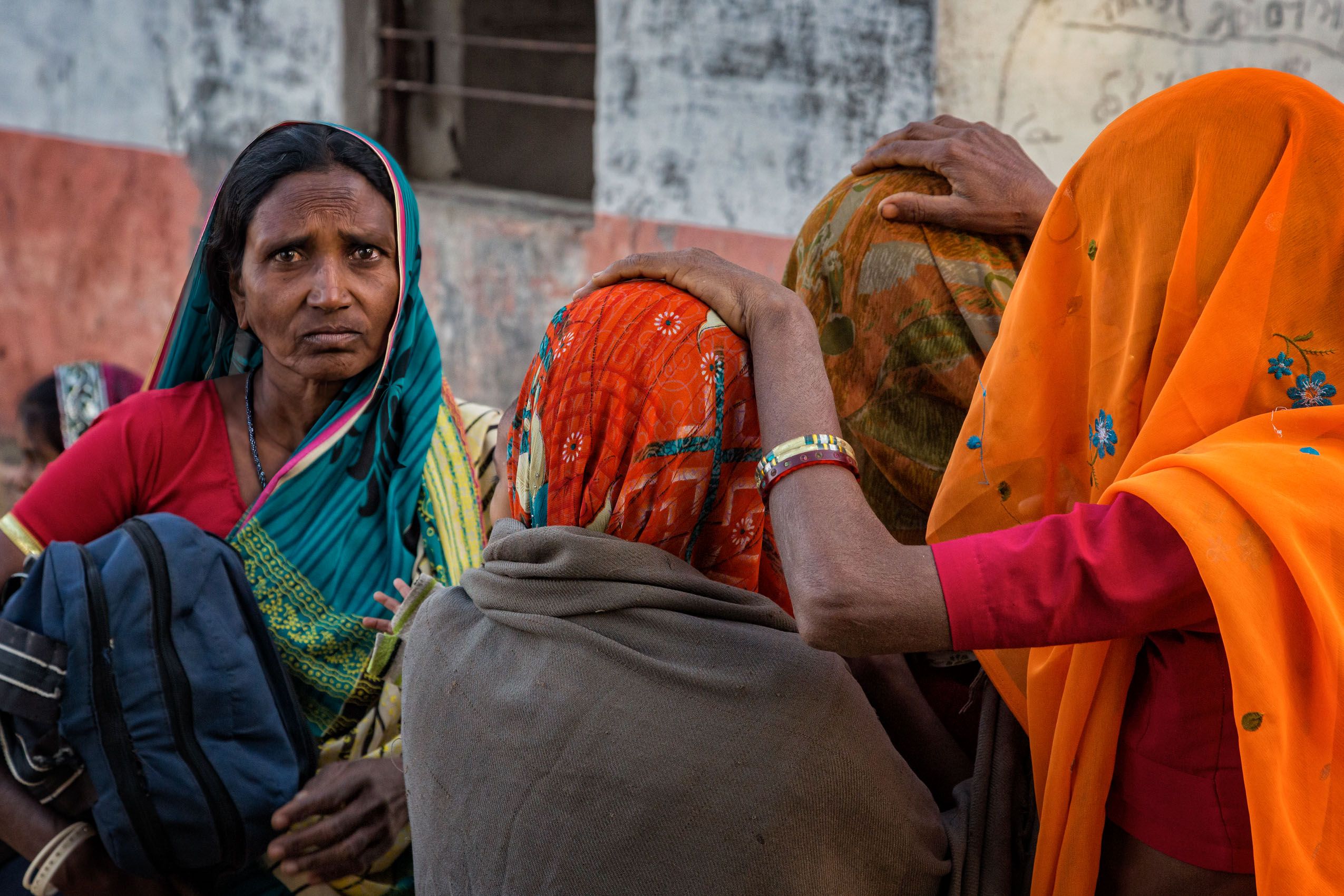TRIBAL GUJARAT II: Chitra Vichitra, A Festival of Mourning
The Chitra Vichitra Mela is a tribal (Adivasi) festival held annually at the confluence of two rivers with a mythical third one at Gunbhakhari, near Poshina in the state of Gujarat, in the Aravali foothills and very close to the Rajasthani border . The festival brings together tens of thousands of tribals from across northeastern India—primarily Bhils and Garasias—for a mixture of reunion, mourning, courtship, fun, and shopping. The festival derives its name from two legendary royal brothers in the Mahabharata, Chitravirya and Vichitraviraya, who were instructed to come to this spot sacred to the great god Shiva to do penance and be cured in the waters from disease that was a punishment for their sins. The festival includes the usual components of regional Indian fairs, including children’s rides, itinerant entertainers, and stalls selling food, jewelry, and housewares. But the larger significance of the gathering is a periodic reunion of families and friends to mourn relatives who have died during the course of the previous year and to scatter their ashes in the river waters, to perform prayers and offerings (pujas) at the Shiva shrine at the site, to provide an opportunity for courtship and marriage negotiations, and to reinforce familial and tribal ties. This portfolio focuses on the ritual aspects of the mela that take place from before dawn to mid morning at the sangam or river confluence. Here male relatives deposit the ashes of cremated loved ones in the waters, ritually bathe, and receive new garments from relatives upon their emergence from the river; at the same time, the women squat at the rivers’ banks and engage in ritual wailing, singing of dirges, and mutual consolation.
















